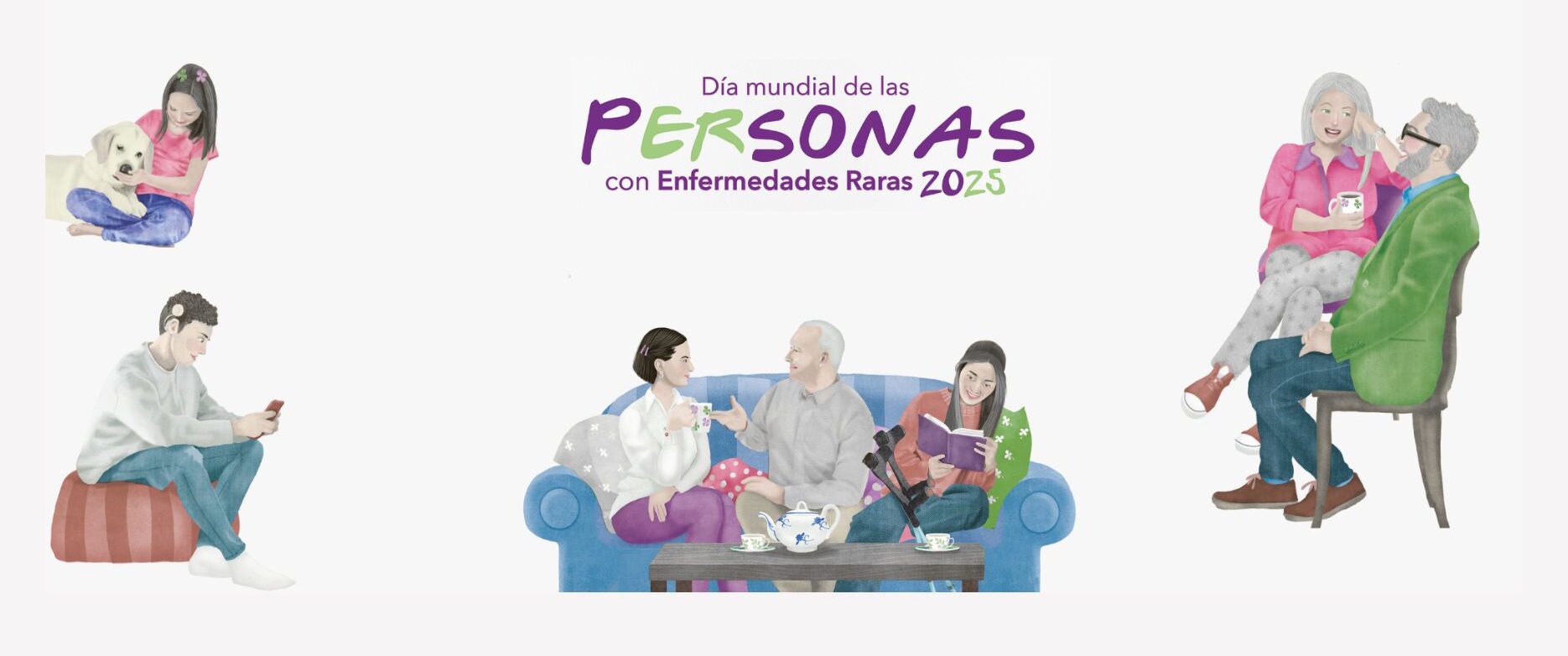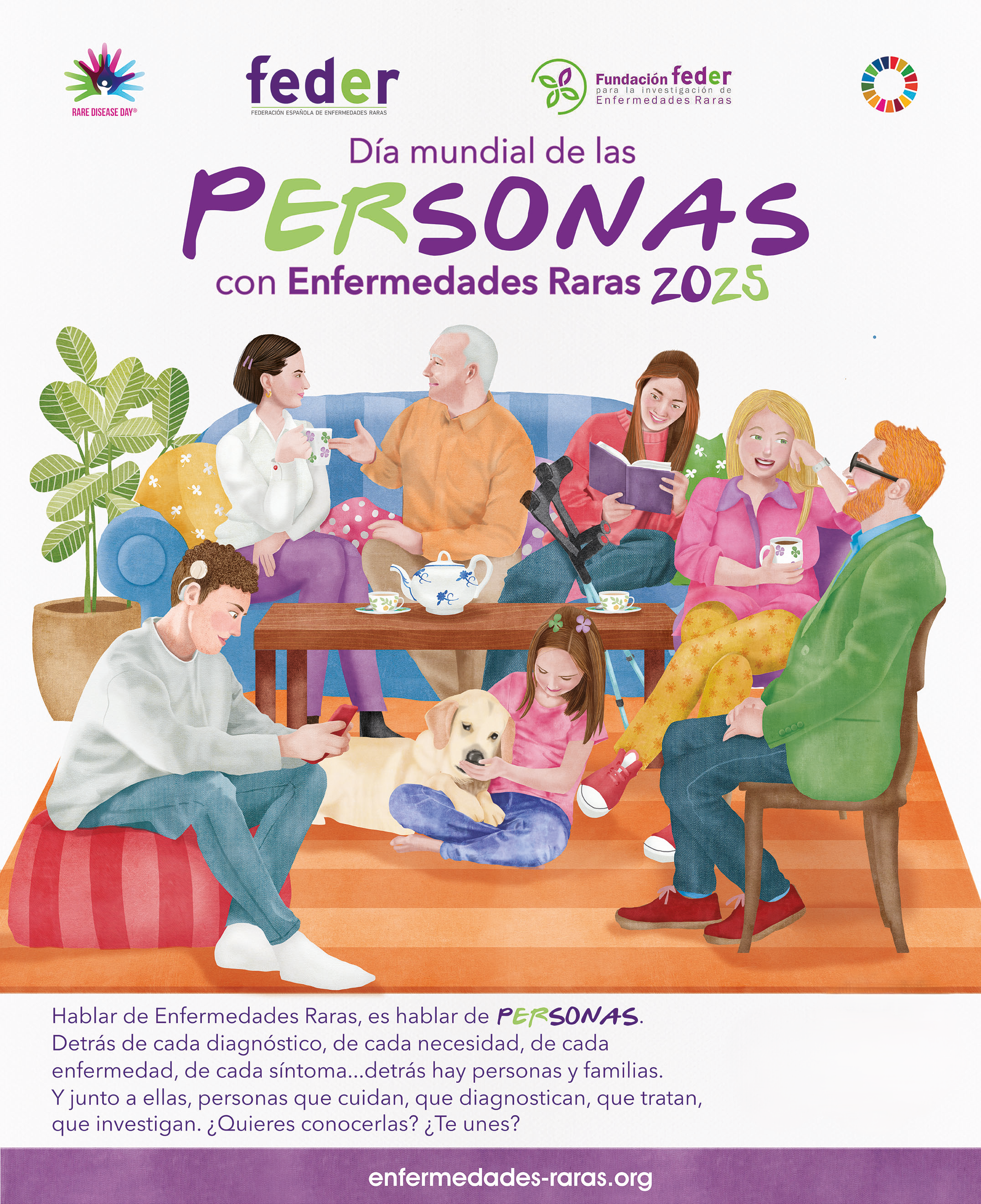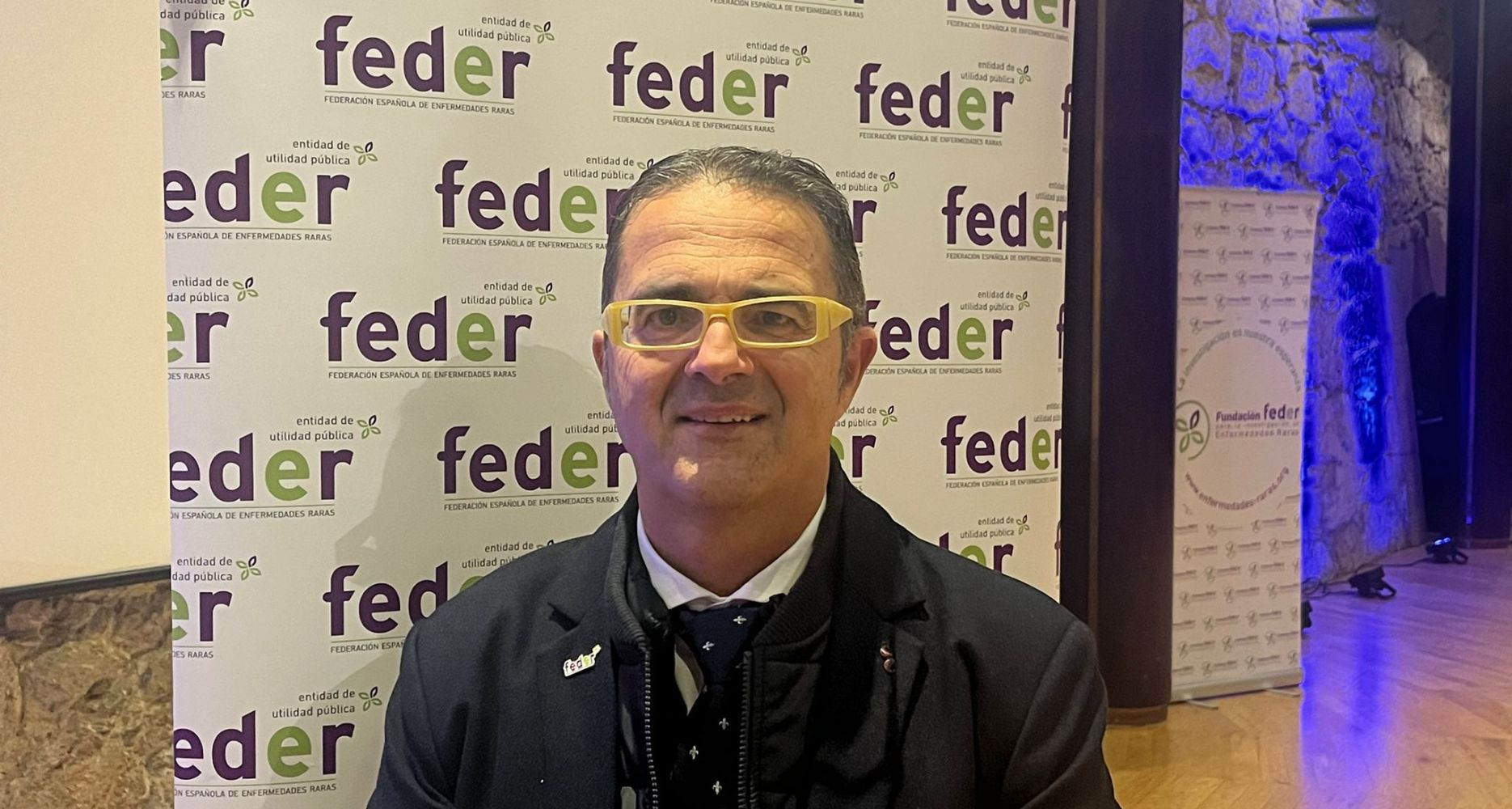Every February 28th is celebrated World Rare Disease Day, a key date to highlight the situation of millions of people affected by rare diseases. For the Spanish Federation of Rare Diseases (FEDER), this day has become a vital platform to make visible the needs of the 300 million people worldwide who live with one of the 6,417 rare diseases identified to date. This year, FEDER's campaign slogan is loud and clear: pERrsonas.
People, always at the center
As Juan Carrión, president of FEDER, points out, World Day is not only a day to remember rare diseases, but also to put people at the center of the conversation. "What we want is to position the social impact of these 6,417 pathologies and, above all, to be able to involve all agents in the promotion of research, in achieving early diagnosis of these rare diseases, as well as guaranteeing equitable access to treatments," he says. For the Federation, the slogan of this year's campaign reflects the reality of the families that accompany those who suffer from these diseases, because behind each patient there is a whole family structure that shares their condition and on which this also has an impact.
In Spain, around 3 million people live with rare diseases, a figure that highlights the magnitude of the problem. Globally, the number rises to 300 million. However, as its president stresses, "it is not just 3 million people who suffer from rare diseases, but a whole family, a whole environment that lives with them". This impact affects not only the patients, but all those who are part of their daily lives and who relate to the patient and live with his or her particularities.
Despite significant and not inexpensive advances, early diagnosis continues to be the great challenge of these pathologies. According to data from the Federation the average time to get a diagnosis in Spain is six years, and a significant percentage of people never get to know the name of their disease.and a significant percentage of people never know the name of their disease before they die, which is truly alarming. For this reason, Carrión insists that "diagnosis is the gateway to treatment."

Achievements
In this line, one of FEDER's greatest achievements in recent years was the recognition by Orphanet of a specific code for undiagnosed rare diseases, code 616874. This advance is a historic milestone, but, according to Carrión, "one of our fighting horses is precisely to get the National Health System to integrate this code in order to identify all people with rare disorders that have yet to be determined".
In addition, the creation and recognition of the specialty of genetics in the healthcare field is one of the most eagerly awaited demands of the Federation. The implementation of a precision personalized genomic medicine model is crucial to improve care for patients with rare diseases."The challenge for 2025 is for the decree on these genetic specialties to be developed and become a tangible reality for all patients" explains Juan.
Challenges
However, one of the biggest obstacles for rare disease patients in Spain is the disparity in access to treatments. Although there are orphan drugs authorized in Europe, many of them are not yet available in the Spanish National Health System, which puts patients in a vulnerable situation. "What we need is to guarantee patients access to these orphan drugs in the shortest possible time, as they are often the only therapeutic alternative available to patients," says Carrión.

Equity in access to these drugs also extends to medical products necessary for patients' quality of life, products as simple and yet very expensive as high protection sunscreen or rehabilitation equipment. "It is necessary that these products be covered by the health system and not fall on patients or their families," adds the president of FEDER.
Comprehensive social and healthcare care is another of the fundamental pillars for improving the lives of people with rare diseases. Last year, Spain approved the creation of 34 new Centers of Reference Units (CSUR), enabling specialized care for these patients. However, Carrión stresses that the bureaucratic barriers that sometimes prevent access to them must be overcome, "it is necessary to ensure that patients are referred to these centers without any administrative barriers".
In addition, FEDER advocates consolidating a model of care that optimizes consultations with different specialists on the same day, reducing travel and long waits for patients who, on many occasions, find it very difficult to stay in one place for long periods of time, due to their limited mobility or the care they require. "Through strengthening the figure of the case manager, we want to improve comprehensive care and make life easier for people living with a rare disease," concludes Carrión.
World Rare Disease Day is a day to remember the importance of visibility and commitment to people living with these diseases. FEDER, through its campaign, reaffirms its fight for equal rights, access to treatment and comprehensive care. As Juan Carrión concludes: "To talk about Rare Diseases is to talk about PEOPLE. Behind every diagnosis, every need, every disease, every symptom... there are people and families. And together with them, there are people who care, who diagnose, who treat and who research".
Video property of Rare Disease Day
